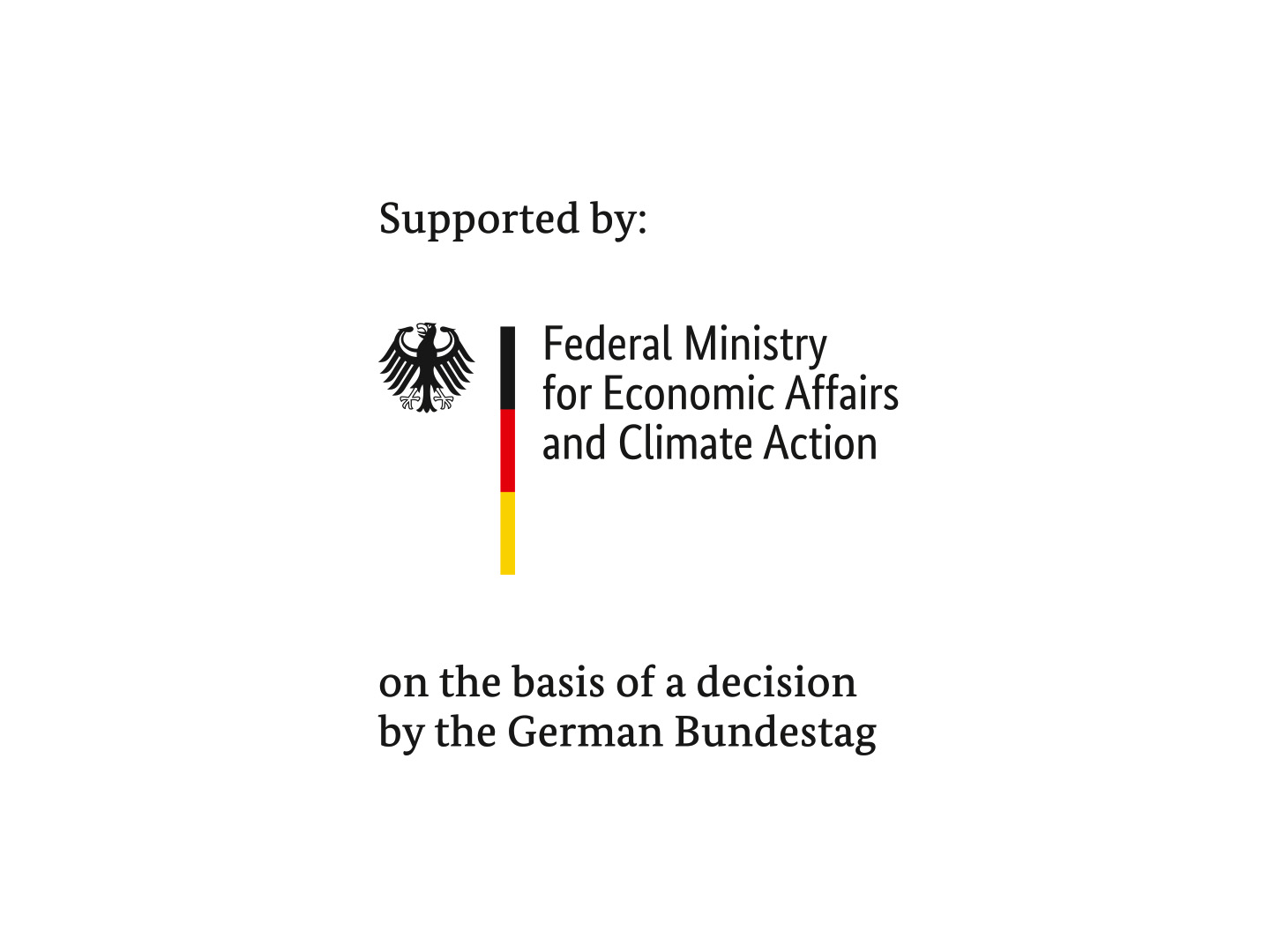In 2021 and 2022, two local district heating systems in "Flöz-Matthias-Straße" and "Dirlingsweg" were put into operation according to the originally planned concept. The generously dimensioned heat storage tanks enable the decoupling of electricity generation through combined heat and power (CHP) and heat consumption in the neighborhoods. During the project, GE-WO and GWG refurbished various buildings for energy efficiency. Among other improvements, new windows and doors were installed, and facades and roofs were insulated. One of the most important results: Due to the switch to the local heating system, the integration of flexible combined heat and power plants (CHP) and the combination with partial refurbishments, CO2 emissions in both districts were significantly reduced – by 9.4 percent and 12.9 percent, respectively – despite grid and storage losses.
In addition, UMSICHT gained valuable insights into the use of decentralized heat storage systems and their integration into local heating networks. One example: optimized storage management reduced the required peak load to 50 percent of the original building connection capacity. This demonstrates that intelligent planning and implementation can minimize system technology and optimize its utilization.
We also conducted optimization calculations for the future development of local heat supply in the neighborhoods. The focus was on three core scenarios (persistence, focus on hydrogen and focus on electrification), which were examined from both qualitative and quantitative perspectives, such as energy prices, technology dominance, and political requirements. Conclusions:
- The use of large heat pumps and hybrid systems (CHP & heat pumps) enables significant CO2 emission reductions.
- The higher the share of renewable energy, the lower the operating costs for the whole district This trend is expected to become more pronounced in the future. This points to the need to further promote the integration of renewable energies and the adaptation of existing systems.
- Flexible and innovative approaches remain extremely relevant for the future heat supply in urban districts.
In summary, the use of local district heating systems not only offers ecological advantages in terms of CO2 reduction and energy savings but also reveals economic potential for municipal utilities and heating network operators. Local heating areas are suitable for both integrating renewable energies and continuously improving the efficiency of heat supply systems and can contribute to achieving the climate targets for 2045.
 Fraunhofer Institute for Environmental, Safety and Energy Technology UMSICHT
Fraunhofer Institute for Environmental, Safety and Energy Technology UMSICHT